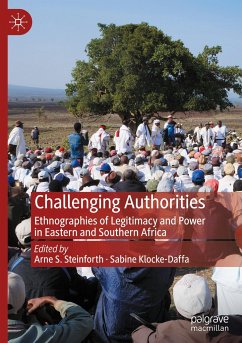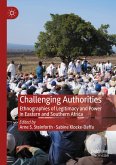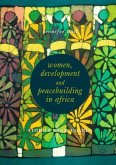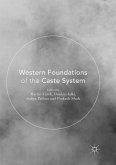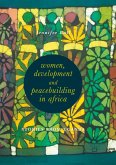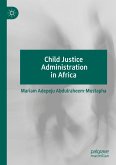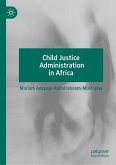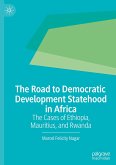When the notion of 'alternative facts' and the alleged dawning of a 'postfactual' world entered public discourse, social anthropologists found themselves in unexpectedly familiar territory. In theirempirical experience, fact-knowledge accepted as true-derives its salience from social mechanisms of legitimization, thereby demonstrating a deep interconnection with power and authority. In thisperspective, fact is a continually contested and volatile social category.
Due to the specific histories of their colonial and post-independence experience, African societies offer a particularly broad array of insights into social processes of juxtaposition, opposition, and even outright competition between different postulated authorities. The contributions to the present volume explore the variety of ways in which authority is contested in Southern and Eastern Africa, investigating localized discourses on which institution, what kind of knowledge, or whose expertise is accepted as authoritative, thus highlighting the specificities and pluralities in 'modern' societies. This edited volume engages with larger theoretical questions regarding power and authority in the context of (post)colonial states (neo)traditional authority, claiming space, conflict and (in)justice, and contestations of knowledge. It offers in-depth critical analyses of ethnographic data that put contemporary African phenomena on equal footing with current controversies in North America, Europe, and other global settings.
Due to the specific histories of their colonial and post-independence experience, African societies offer a particularly broad array of insights into social processes of juxtaposition, opposition, and even outright competition between different postulated authorities. The contributions to the present volume explore the variety of ways in which authority is contested in Southern and Eastern Africa, investigating localized discourses on which institution, what kind of knowledge, or whose expertise is accepted as authoritative, thus highlighting the specificities and pluralities in 'modern' societies. This edited volume engages with larger theoretical questions regarding power and authority in the context of (post)colonial states (neo)traditional authority, claiming space, conflict and (in)justice, and contestations of knowledge. It offers in-depth critical analyses of ethnographic data that put contemporary African phenomena on equal footing with current controversies in North America, Europe, and other global settings.

